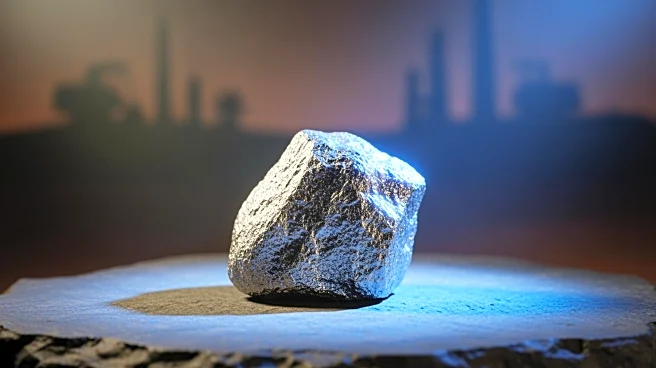What's Happening?
November is set to be an exciting month for skywatchers, with three meteor showers gracing the night sky: the Northern Taurids, Southern Taurids, and Leonids. The Southern Taurids, known for their fireballs,
peaked on November 4-5, while the Northern Taurids are expected to peak on November 11-12. The Leonids, potentially the most active of the three, will peak on November 16-17. These meteor showers originate from specific constellations, with the Taurids coming from Taurus and the Leonids from Leo. Observers are advised to find dark areas away from city lights for optimal viewing.
Why It's Important?
Meteor showers provide a unique opportunity for the public to engage with astronomy and appreciate the natural phenomena occurring in our solar system. They offer educational moments about the origins and characteristics of meteors, which are remnants of cometary debris. The visibility of these showers can inspire interest in space science and encourage people to learn more about the universe. Additionally, meteor showers can contribute to scientific research, as they offer insights into the composition and behavior of meteoritic material entering Earth's atmosphere.
What's Next?
As the meteor showers continue throughout November, enthusiasts and astronomers will be monitoring the skies for peak activity. The Leonids, in particular, are anticipated to be the most active, with potential for intense meteor displays. Observers are encouraged to prepare for viewing by finding dark locations and allowing their eyes to adjust to the darkness. The American Meteor Society and other organizations will likely provide updates and tips for optimal viewing experiences.
Beyond the Headlines
Meteor showers like the Taurids and Leonids highlight the importance of preserving dark skies, free from light pollution, to ensure the visibility of celestial events. This underscores broader environmental concerns about urban lighting and its impact on natural phenomena. Efforts to reduce light pollution can enhance the experience of viewing meteor showers and contribute to the conservation of natural night environments.










